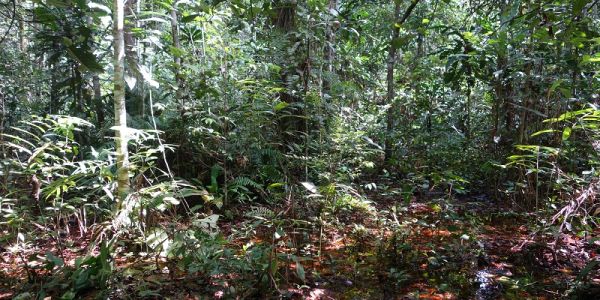
Changing perspectives on disability
An online Disability Studies graduate who is now putting her learnings into practice at work recommends more people study the barriers faced by disabled people.

An online Disability Studies graduate who is now putting her learnings into practice at work recommends more people study the barriers faced by disabled people.

Two of Leeds' most promising research leaders have earned national fellowships to advance their work aimed at tackling global challenges.

The world’s forests have absorbed more than 100 billion tonnes of carbon dioxide over the past three decades, but they need more protection, according to a new study.

Thousands of medieval enthusiasts have flocked to the University of Leeds for the largest humanities research conference in Europe, featuring fighting knights, music and rare works by JRR Tolkien.

Melting of glaciers in a major Alaskan icefield has accelerated and could reach an irreversible tipping point earlier than previously thought, new research suggests.

The reality of the climate impact of long-distance passenger travel has been revealed in new research from the University of Leeds.

Emissions of a greenhouse gas more potent than carbon dioxide or methane increased unabated up to 2020, according to a new report which a University of Leeds academic helped to produce.

A sustainability project is using sketching as a tool to encourage students and staff at Leeds University Business School (LUBS) to appreciate the power of walking.

Global warming caused by humans is advancing at 0.26°C per decade – the highest rate since records began, according to new research by more than 50 leading international scientists.

School readiness at age 4-5 could help predict unemployment and education drop-out at age 16-17, according to a study led by the University of Leeds with Lancaster University.